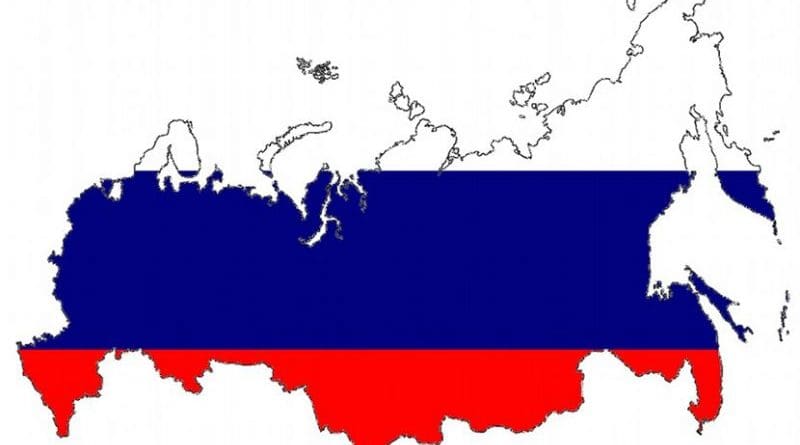The Real Collapse Of The USSR Is Taking Place Only Now – OpEd
By Paul Goble
In 1991, many were surprised that the demise of the USSR involved so little violence, Andrey Kortunov says. There are many reasons for that but chief among them is that “the Soviet Union did not actually collapse at the end of 1991.” Its real collapse is “only taking place now.”
What that means, the Moscow foreign policy specialist says, is the states which have emerged in the post-Soviet space have yet to go through all the challenges, risks and pains of imperial disintegration” (russiancouncil.ru/analytics-and-comments/analytics/tri-desyatiletiya-boleznennykh-korrektirovok-rossiya-na-postsovetskom-prostranstve/; original in English at ip-quarterly.com/en/moscows-painful-adjustment-post-soviet-space).
What happened in 1991 was “superficial” with many in Russia and elsewhere certain that many or all of the former Soviet republics, except for the Baltic states which had a very different status, would “not go anywhere but sooner or later” come back to Moscow and that their return was “an absolutely necessary condition for Russia’s return to the former status of a great power.”
But for many reasons, Russia has not achieved this goal. The most important one is that “over the 30 years of its independent existence, Russia has not been able to find an effective model of social and economic development that would be perceived as a role model in neighboring countries.”
Vladimir Putin’s decision 15 years ago to focus on maintaining social and political stability rather than promoting social and economic modernization has meant, Kortunov argues, that “Russia did not become for its CIS neighbors what Germany and in part France turned out to be for its partners” in what is now the European Union.
Moscow relied on a variety of tools to hold the former union republics close to it, but all of thee have become less effective with time as these countries have adopted their own strategies to promote their own national identities, most of which are based on opposing Russia, and have developed relationships with outside powers despite Moscow’s objections.
What Moscow did in Georgia in 2008 and in Ukraine in 2014 had the effect of putting an end to “any plans for the comprehensive reintegration of the former Soviet space around Russia,” if indeed such plans ever really existed. Over the last eight year, Moscow has reduced its economic subsidies and adopted a much tougher attitude about the outside ties of its neighbors and their nation building efforts.
In many respects, Kortunov says, “the launch of ‘the special military operation’ in Ukraine is clearly an exception from the trend toward a more rational, more risk averse and more pragmatic approach to the post-Soviet space.” Indeed, “any rational cost-benefit analysis would suggest the Kremlin has a lot to lose but not much to gain by trying to reconstruct Ukraine by military means.”
While it is “premature” to analyze what Moscow is doing in Ukraine now, “one can speculate that this will be remembered as the last act of the 30-years-long drama of Russia struggling with its imperial legacy,” a struggle that clearly has had the most paradoxical of results, Kortunov argues.
Over the last three decades, Russia “has been able to turn into a very active global power without becoming a regional leader.” And it is entirely possible that “the very Russian globalism of recent years can be viewed as a kind of political compensation for Moscow’s many failures in its attempts” to build more constructive and stable relations with its neighbors.
Despite that, Kortunov insists, “the task of building such relations should sooner or later return to the top of Moscow’s primary foreign policy priorities. It will be much more difficult to do than it was back in 1991” given everything that has happened. But “without addressing this critical problem, any successes in other parts of Russian policy will inevitably depreciate” in value.


Interesting article.
Kortunov makes a lot of sense.
Russia’s possessive attitude and effort to grab it back militarily is very similar to France’s attitude and actions towards Algeria in the 1950s-60s.
One can only hope that the conflict in Ukraine will not be similarly long.